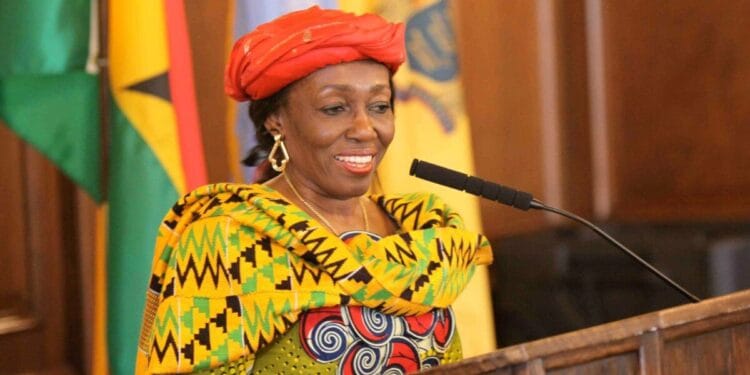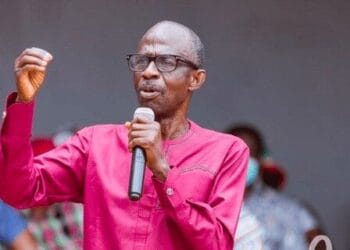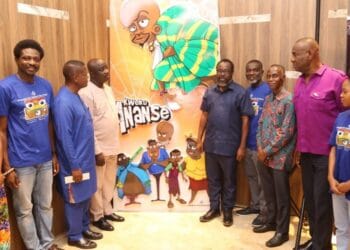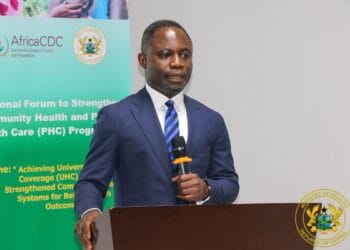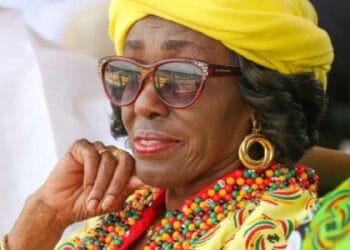Nana Konadu Agyeman-Rawlings is being remembered as a transformative First Lady whose two-decade tenure from 1981 to 2001 reshaped the role into a platform for grassroots development, women’s empowerment, and national mobilisation.
As founder and leader of the 31st December Women’s Movement (31st DWM) established in 1982, she built one of the most influential social development movements in Ghana‘s history.
Follow The Ghanaian Standard channel on WhatsApp for the latest news stories from Ghana.
Through nationwide cooperatives and micro-credit schemes, the movement supported rural women in income-generating ventures such as gari processing, soap making, weaving, and farming, initiatives that significantly boosted household incomes and promoted economic independence.
The 31st DWM further helped integrate women into both formal and informal economic structures while advocating key rights, including property ownership, inheritance protections, and safeguards against domestic violence.
The movement expanded its work into healthcare by facilitating community clinics, maternal health education, immunisation campaigns, and family planning programmes.
It also prioritised sanitation and potable water projects while establishing pre-schools and day-care centres to support early childhood development and enable women to participate in the workforce.
Politically, the 31st DWM became a major vehicle for raising civic awareness among women, encouraging participation in public life, and providing a bridge between communities and government. It promoted Ghanaian cultural heritage and connected traditional crafts to emerging economic opportunities.
Nana Konadu’s influence, however, was not without controversy. Her critics argued that she wielded excessive political power and overshadowed formal government structures. The movement’s centralised leadership attracted scrutiny, and concerns were raised about transparency, especially during the privatisation period, though no wrongdoing was established.
Her 2011 bid for the NDC presidential nomination and later formation of the National Democratic Party (NDP) also drew mixed reactions, with some viewing the moves as divisive.
Debates over accountability within the 31st DWM persisted, given its access to state resources and its quasi-governmental role. Yet across the political spectrum, her impact on women’s empowerment, grassroots development, and national advocacy remains widely acknowledged.


